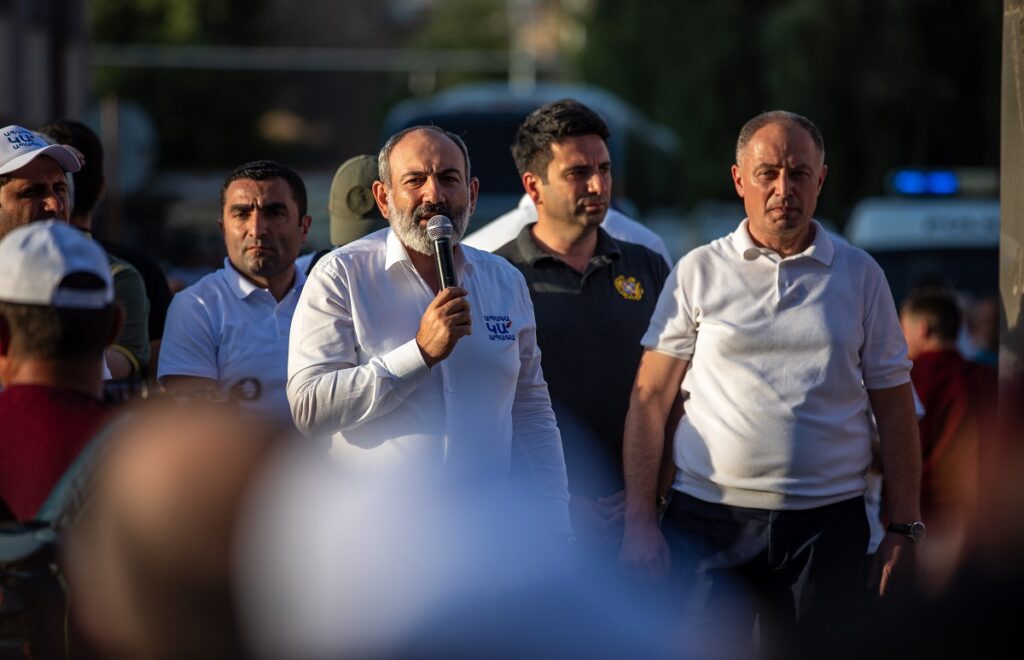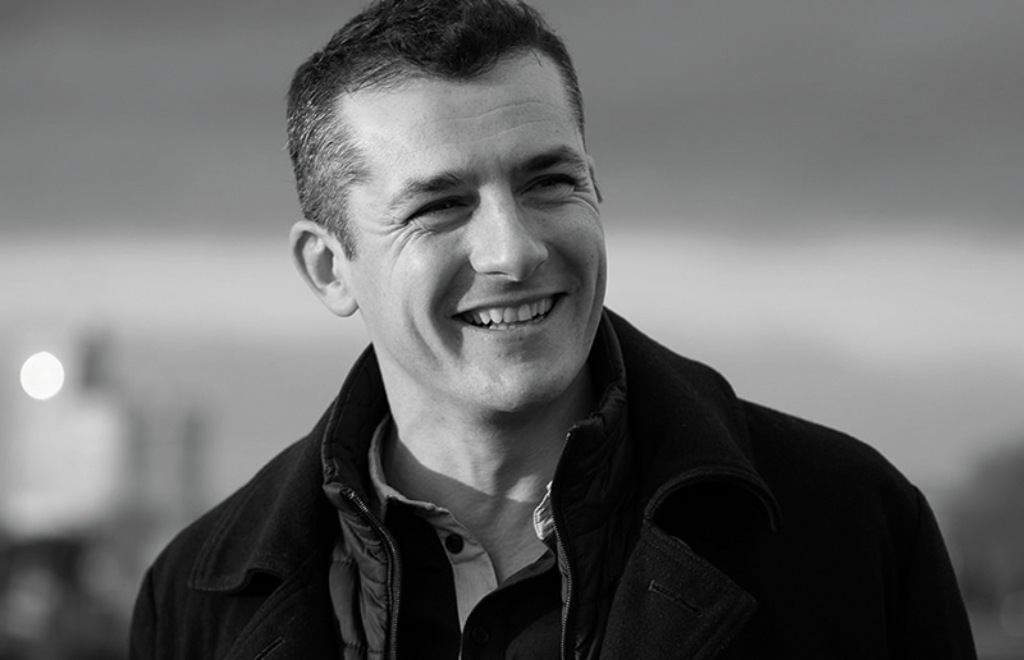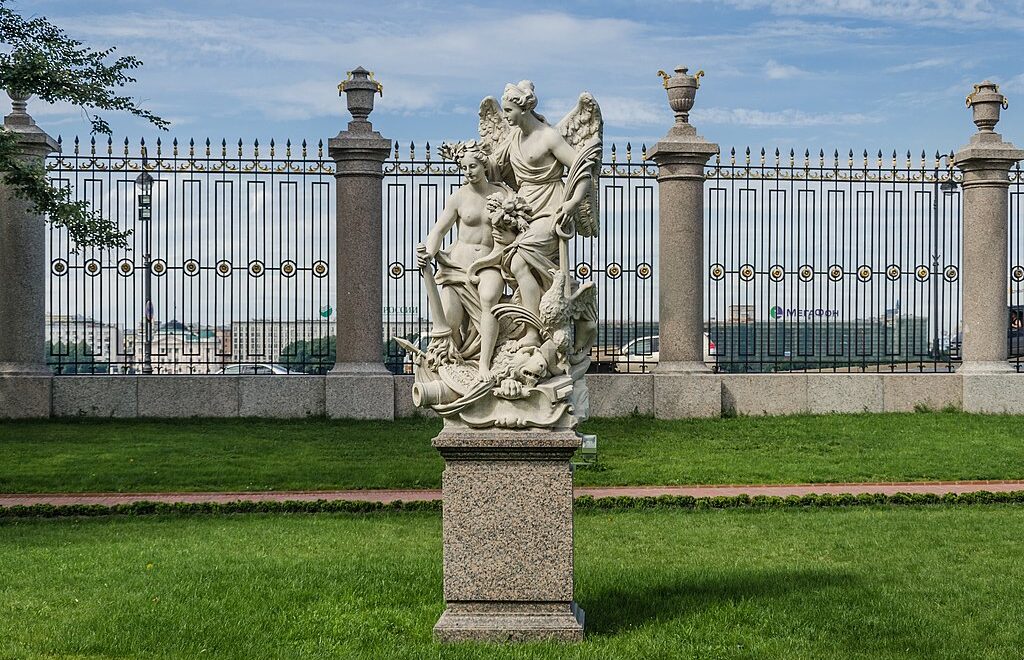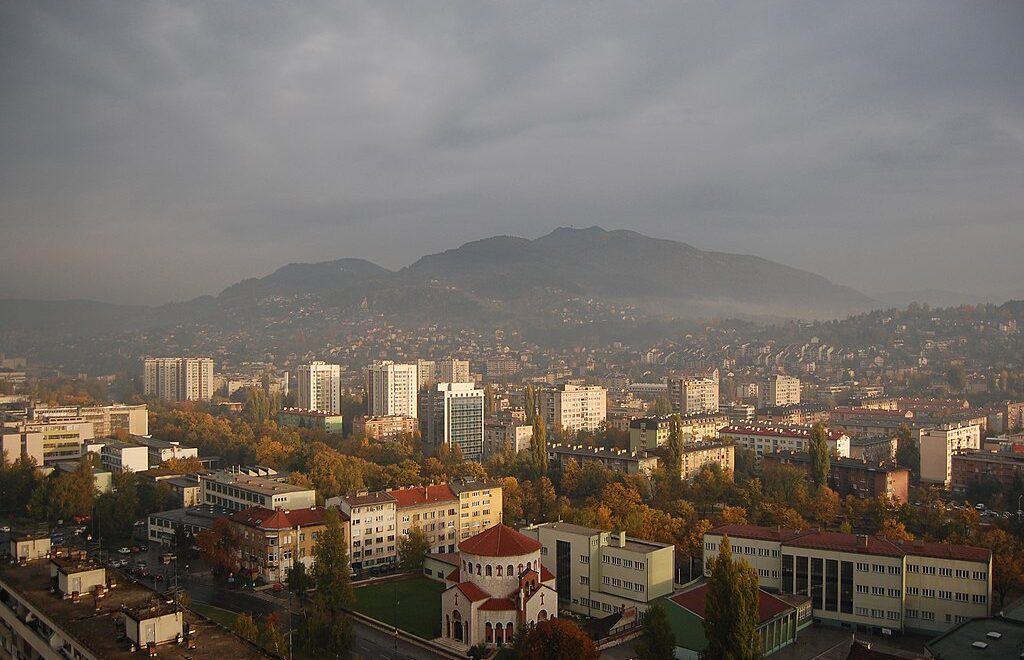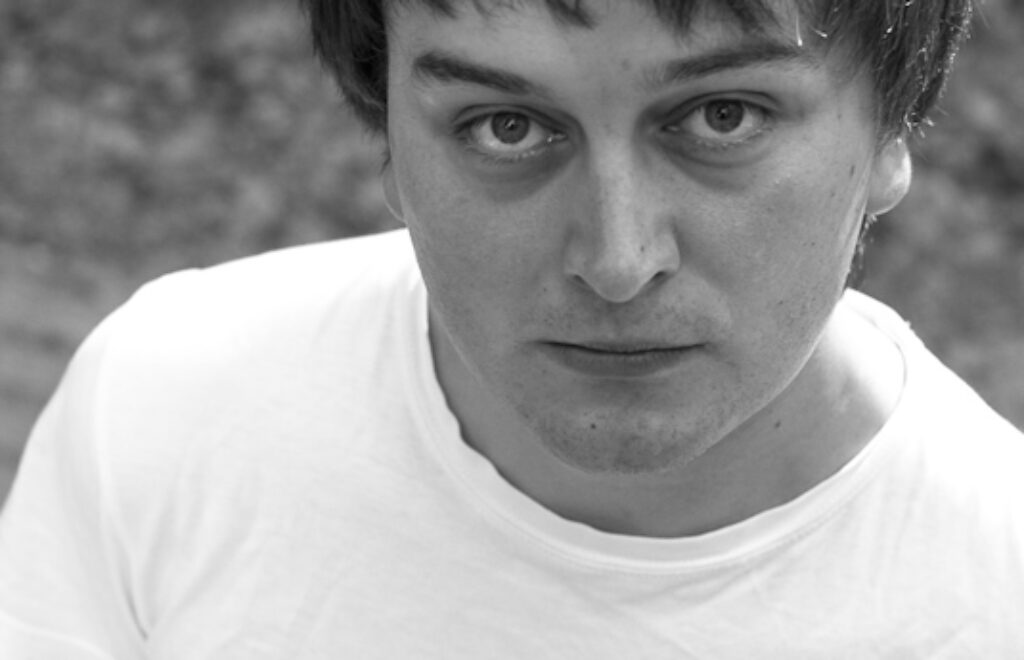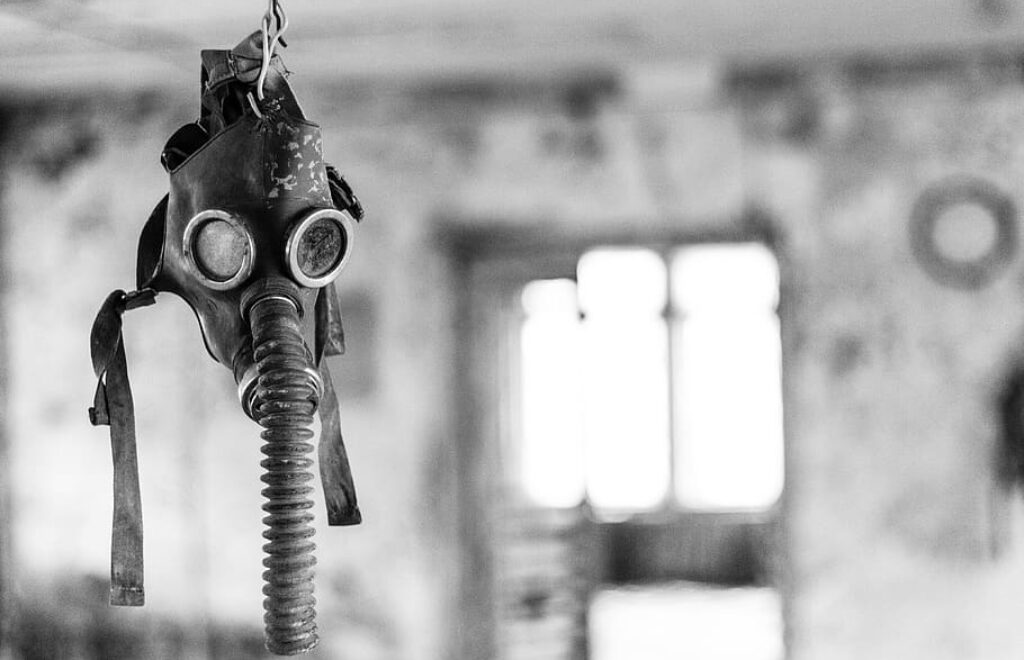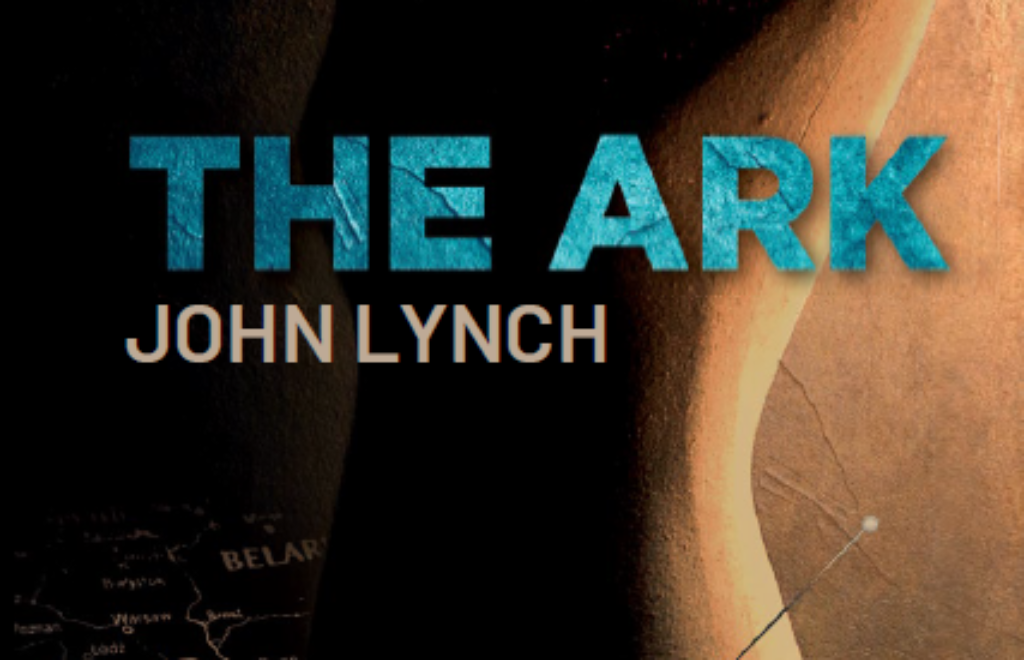Is the Georgian Dream committed to democracy and European integration?
After coming to power in 2012, the Georgian Dream party officially set out to uphold democratic values and support Georgia’s European integration. However, after the signing of the Association Agreement with the European Union and obtaining visa-free travel for Georgian citizens to Schengen Area states, the Georgian Dream party soon started to display authoritarian tendencies as it harassed independent media and politicised the judiciary system in order to weaken the opposition. The party was utilised as a tool by its tycoon founder, Bidzina Ivanishvili, for adapting legislation to fit his personal business interests.
September 12, 2021 - Soso Dzamukashvili



